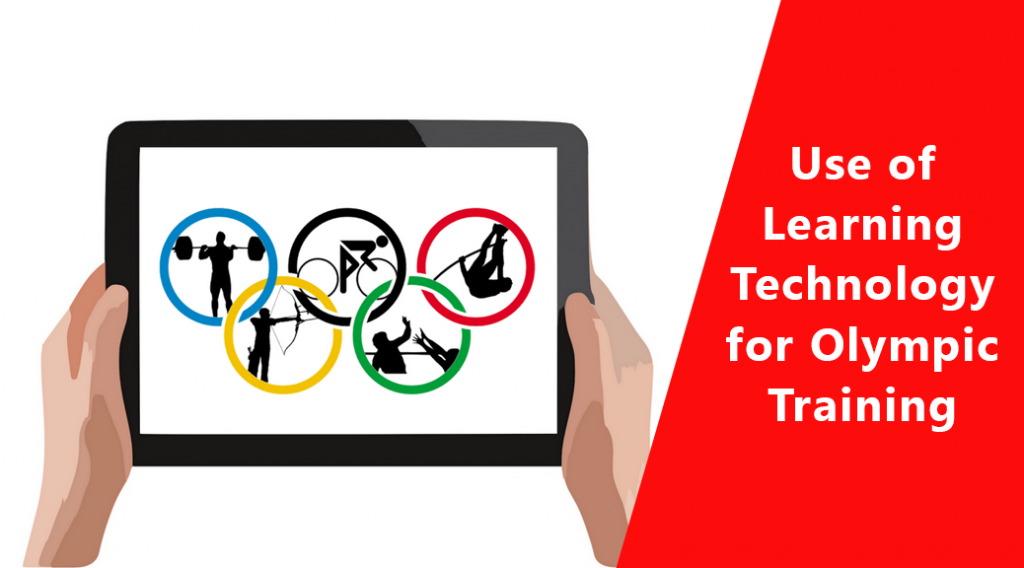Athletes like Michael Phelps or Usain Bolt are made as much on the field as off the field. They are a result of hard work put in by them, their support staff, coaches, trainers, family, and friends. With all the buzz around the recently-concluded 2016 Rio Olympics, many people have been asking questions: Can eLearning courses or online learning management systems (LMS) help athletes improve their performance? Does the LMS have any application in sports administration as well? Can the next Carolina Marin or Claressa Shields be a result of the support from learning technology platforms?
The answer to all these questions is a big YES! Not only professionals, but also budding athletes, coaches, trainers, and associations can benefit a lot from an LMS. From learning the ropes of the game to the Olympics journey is a steep uphill trajectory. An LMS can support an athlete’s journey all the way.
On this Page
Learning the Game
The first and the most important thing in competitive sports is to have a strong foundation of the game. A sportsperson must know all the rules, different techniques, and approaches to the game. An LMS can help them take online courses which will teach them all the nuances of the game and make them aware of the different aspects of playing the game and mastering it. Athletes can watch videos, read PDF rulebooks or word documents, educate themselves, and get comfortable with the sport’s terminology and practices.
Fitness Training
Every sporting activity requires the person to be at the peak of their physical and mental health. An LMS can help them take online training programs for fitness routines specific to their choice of sport. They can learn new exercises for strength and stamina training, stress management, nutrition and much more. They can even take assessments in the form of MCQs or quizzes to understand their fitness levels and if they are able to meet their training goals.
Reach Out to the Global Experts
Most modern LMSes today allow online hosting using Amazon Cloud or other services. An online learning platform opens up infinite opportunities for coaches and athletes to collaborate and work together. An athlete seeking a personal fitness trainer can reach out to an expert coach anywhere around the world. An amateur coach beginning their career will find it easier to reach out to millions of learners online using an LMS.
With social media integrations, there is more sharing of information than ever before. This helps in building sports communities across the globe, and bringing knowledge from all over the world in one convenient location. An LMS can be particularly helpful to small town athletes who do not have access to 5-star training facilities or coaches.
Self-Paced Learning
Every sportsperson has different abilities and take their own time to peak. An LMS offers them mobile learning which they can consume while they are resting at home or practicing on the field. It gives them the flexibility to train when and where they want to, optimizing retention and interest in the learning process. This often results in better training outcomes. It also reduces the dependency on the coach for knowledge sharing.
Understanding Protocols, Rules, and Regulations
Cases of doping or non-compliance to the sports regulations is on a rise. Sports administrators can take the help of an LMS to educate athletes and their coaches about the various protocols, rules, and regulations they need to follow for qualification. Be it fair-play policy, anti-doping regulations, fitness test parameters, qualification criteria and more, an LMS can help the athletes understand the importance of them and abide by the rules. Using reports and analytical tools which are part of the LMS, authorities can keep a track of all athletes and their training results.
Team Building and Leadership Training
For games that require strategic thinking and leadership abilities, an LMS can help the team captain or the coach learn about team and morale building, strategy mapping, leadership building, and much more. These supportive lessons can help them become better managers and leaders. Soft skills or ethical on-field conduct training can go a long way in helping the team behave as sportspeople should on the field. There will be lesser violence and regulatory incidences as a direct result of these training programs. An LMS that offers leader boards and badges can help motivate the learners to compete with one another. Gamification features will help learners become competitive, increasing their engagement level in the learning process.
We can safely conclude that there are many applications of an LMS in the field of sports. The adoption of learning technology in sports is growing rapidly and we will see more applications of this software in the near future. Let us hope that we see some more fantastic performances in the Tokyo 2020 Olympics!

